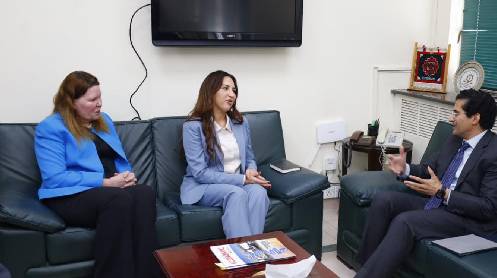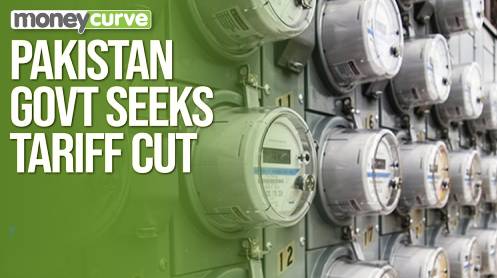ISLAMABAD: In an unexpected development, the PTI government, which itself earlier applauded the decision on wheeling charges Nepra took on January 11, 2021 to pave way for the country’s industrial sector to thrive with lower cost of electricity, has now emerged as a stumbling block in the way of the decision’s implementation. The Power Division, instead of notifying the decision on wheeling charges of 1 MW for Bulk Power Consumers at Rs1.50-2 per unit, has emerged as a hurdle against the decision, putting aside the clapping of federal cabinet which met with prime minister in chair on wheeling charges decision, a senior official privy to the development told The News.
This put the main players of the economy, the official said, which utilise electricity as bulk power consumers (BPCs) in a state of uncertainty and shock. “The export industry, including the textile industry, urged the government to notify Nepra’s decision on the wheeling charges.” The decision was taken by Nepra to strengthen the wheeling regime, which is a pre-requisite for development of energy market in Pakistan. The federal cabinet had appreciated the decision on wheeling charges, pleading it would not only drastically bring down the tariff of industry but will also help establish the CTBCM (Competitive Trading Bilateral Contracts Market).
However, later on the Power Division took the opposite stance and directed Mepco (Multan Electric Power Company) and Hesco (Hyderabad Electric Supply Company) to manage stay orders against the decision’s implementation and both the Discos got the stay order on February 13, 2021 against Nepra’s decision, putting the vision of prime minister on opening up of the power sector and realising the objective of CTBCM in jeopardy.
Chairman Nepra Tauseef H. Farooqi, soon after the decision and applause from the federal cabinet, had tweeted saying: “Another monumental decision by Nepra whereby we have allowed ‘wheeling of power’ all over Pakistan at the most affordable rates to help spin the wheels of economy at a much higher rate.”
The News sent a questionnaire to Federal Energy Minister Omar Ayub Khan, Special Assistant to PM on Power Tabish Gauhar and Secretary Power Ali Raza Bhutta, about wheeling charges’ determination that Nepra issued on Jan 11, 2021 but it was not being notified. The decision was meant to promote CTBCM — an initiative the government is working on vigorously. When Nepra made the decision, the federal cabinet in its meeting applauded the decision taken by the regulator paving way for CTBCM and P2P business. But unfortunately, two Discos such as Mepco and Hesco, which are 100pc government owned and come under the jurisdiction of the Power Division, got the stay from court. The News talked to both Discos officials and they said they got directives from the Power Division to get a stay order.
Federal Energy Minister Omar Ayub Khan and Secretary Power Ali Raza Bhutta did not respond. However, Tabish Gauhar, Special Assistant to PM on Power Sector, responded: “The Power Division just wants clarity that the stranded and cross subsidy costs (to be borne by the remaining DISCO consumers) will either be taken as budgeted subsidy or passed on to the remaining consumers. Also what’s the rate for the hybrid consumers — those that also remain on the Disco billing panel and use it as backup. This wheeling policy will only now apply to new customers — existing consumers will follow later.”
Nepra on January 11, 2021, in its determination, refused to include the stranded cost and cross subsidy demanded by DISCO and CPPA in the wheeling charges paving way for the country’s industrial sector to thrive with lower cost of electricity. With the decision, wheeling charges for bulk power consumers will stay at Rs1.50-2 per unit.
The bulk power consumers (PBC) are at present being provided the electricity at Rs14-15 per unit from CPPA (Central Power Purchase Agency) but after Nepra refused to include the stranded cost and subsidy in the wheeling charges, any power house can sell its electricity at Rs8-9 per unit to its bulk consumers.
The authority had considered that imposition of stranded cost and cross subsidy as of today would not only discourage the wheeling regime in Pakistan but at the same time would also provide no incentive to Discos to improve their performance in terms of reduction in T&D losses, minimize pendency of new connections and increase recoveries.





